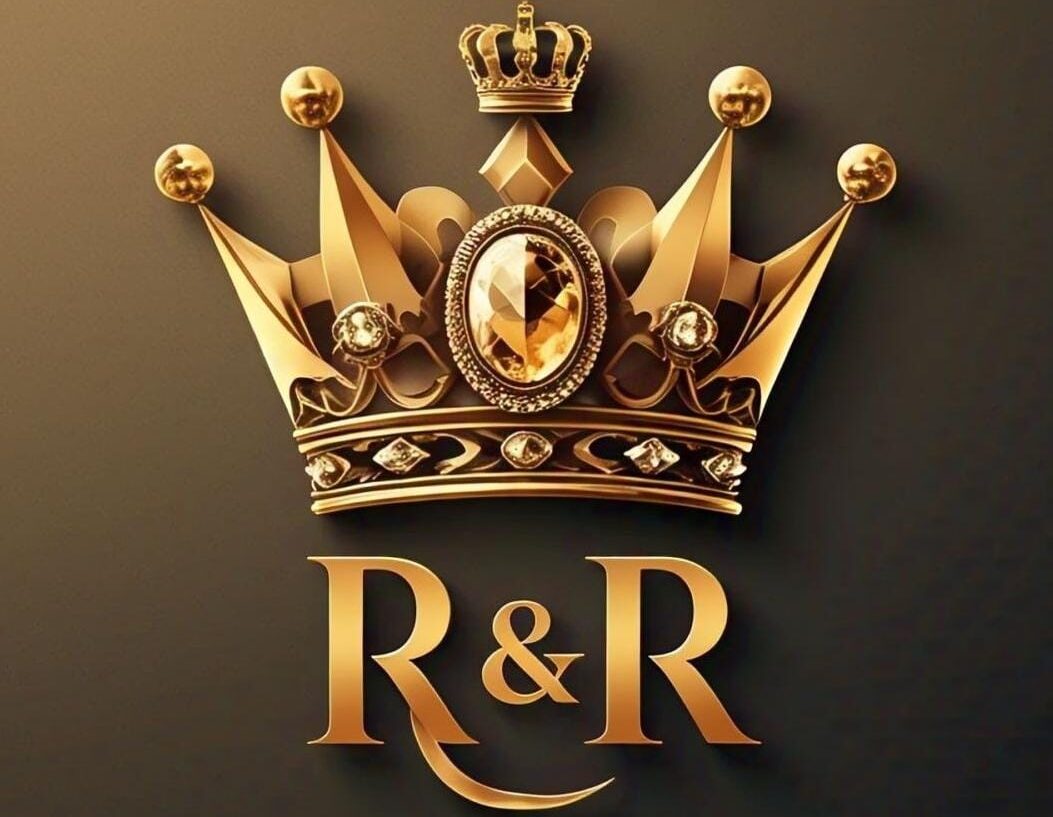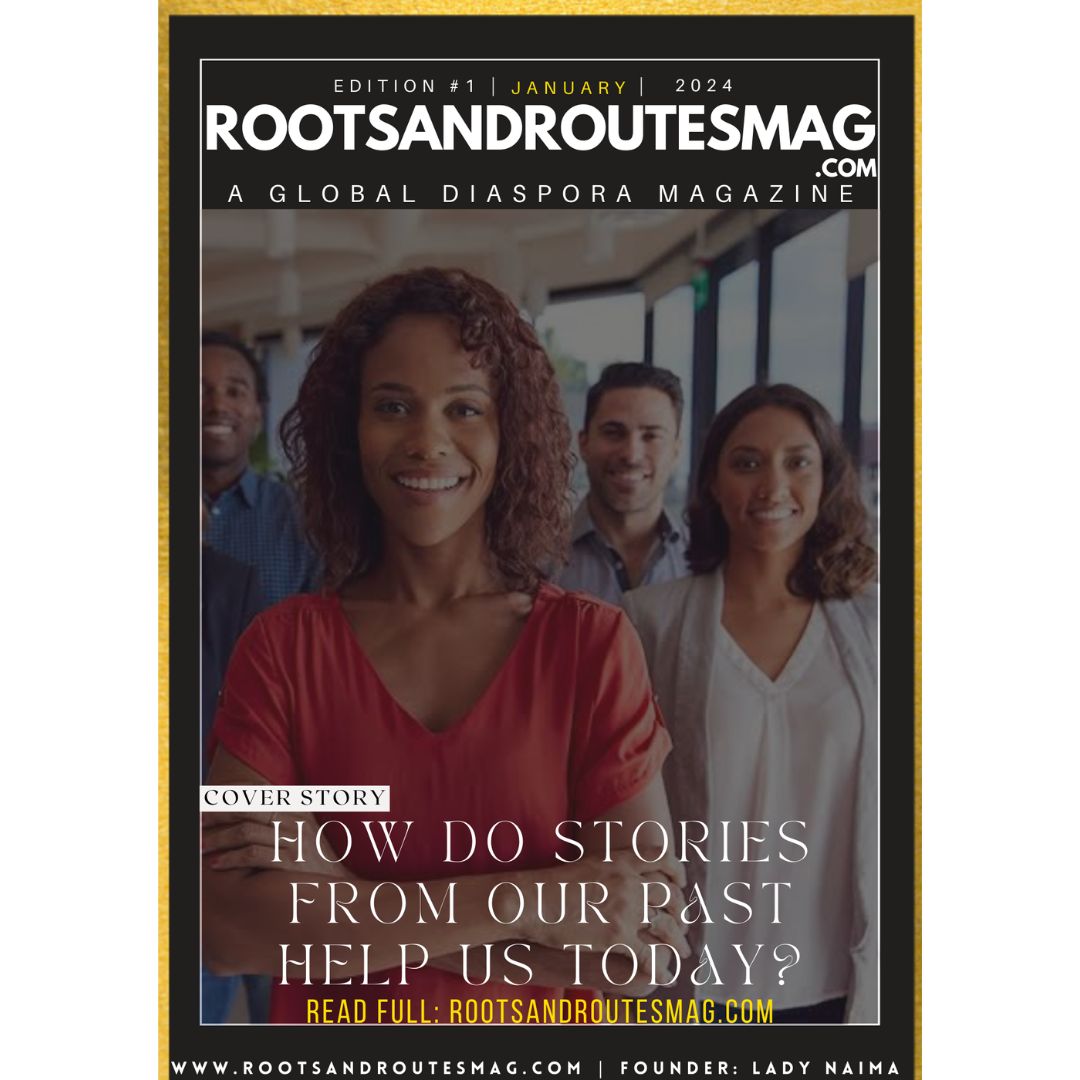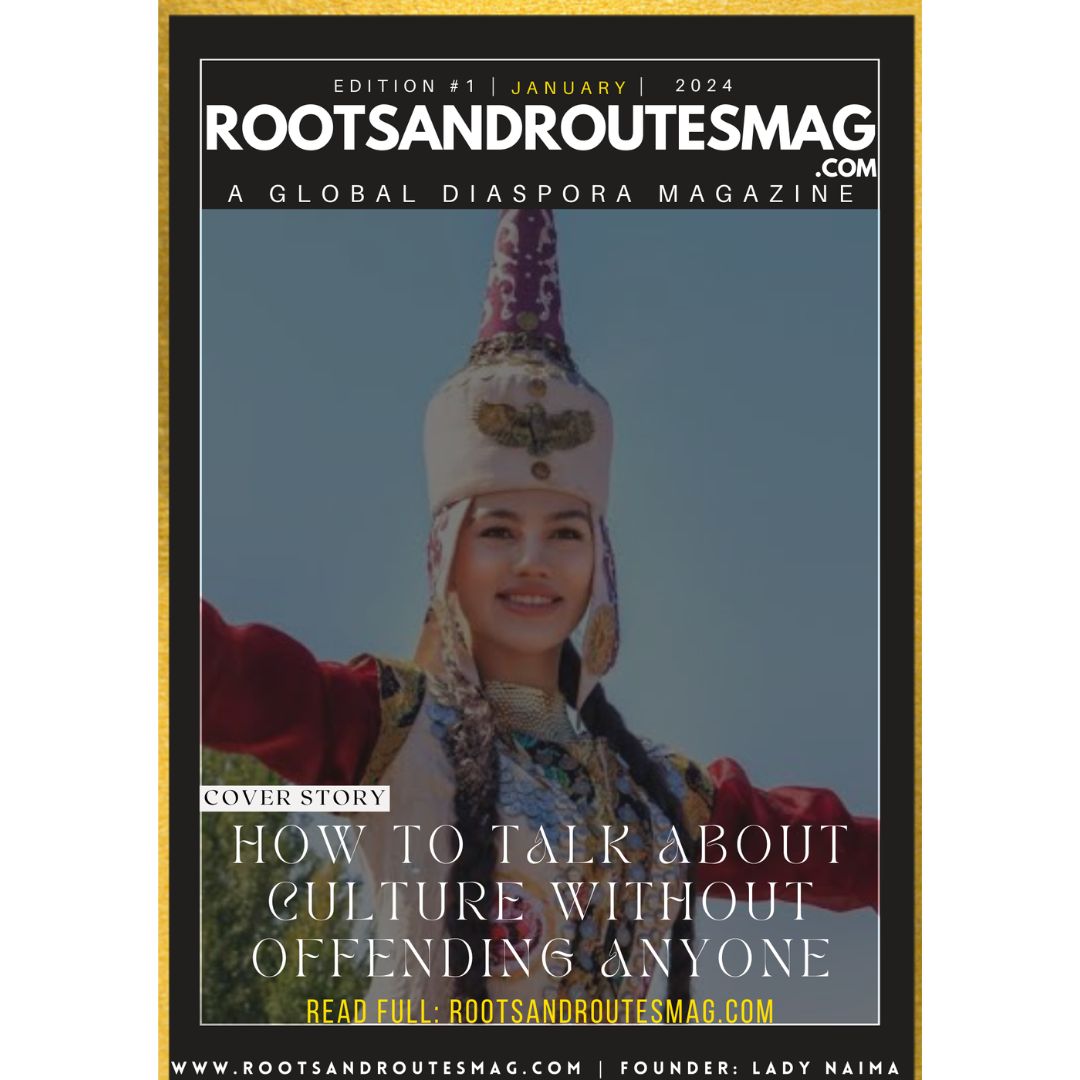The Impact of Globalization on Traditional Cultures

Globalization, the interconnectedness of economies, cultures, and societies across the globe, has undeniably reshaped the world as we know it. While it has brought about numerous benefits such as increased access to information, technological advancements, and economic opportunities, globalization has also had profound effects on traditional cultures and identities worldwide. In this article, we’ll delve into the multifaceted impact of globalization on traditional cultures and explore strategies for preserving cultural heritage in an ever-changing world.
Embracing Cultural Exchange
One of the most prominent aspects of globalization is the facilitation of cultural exchange on a global scale. Through the exchange of ideas, beliefs, languages, and traditions, people from diverse backgrounds have the opportunity to learn from one another and gain a deeper appreciation for different cultures. This intercultural dialogue fosters mutual understanding, tolerance, and respect, promoting a sense of unity and shared humanity amidst cultural diversity. Globalization has enabled individuals to celebrate their cultural heritage while embracing elements of other cultures, leading to the emergence of vibrant multicultural societies enriched by diverse perspectives and experiences.
Economic Opportunities and Challenges
Globalization has opened up new avenues for economic growth, trade, and investment, transforming traditional economies and livelihoods in the process. While economic integration has spurred innovation, entrepreneurship, and job creation in many parts of the world, it has also posed challenges for traditional industries and communities. The rise of multinational corporations, global supply chains, and mass production has often marginalized local artisans, farmers, and craftsmen, threatening their cultural practices and economic sustainability. As societies navigate the complexities of globalization, there is a pressing need to strike a balance between economic development and the preservation of cultural heritage, ensuring that traditional knowledge and skills are valued and passed down to future generations.
Cultural Homogenization vs. Diversity
A common concern raised about globalization is the potential for cultural homogenization, wherein local traditions and identities are eroded in favor of standardized, globalized norms. The spread of Western consumer culture, media, and technology has led to the dominance of certain cultural symbols and values, challenging the authenticity and diversity of traditional cultures worldwide. However, globalization is not synonymous with cultural uniformity—rather, it has given rise to cultural hybridization, wherein diverse cultural elements coalesce and evolve to create new forms of expression and identity. By embracing cultural diversity and promoting intercultural dialogue, societies can counteract the forces of homogenization and preserve the unique identities and traditions that define their cultural heritage.
Challenges to Cultural Authenticity
In the face of globalization, traditional cultures often confront pressures to adapt to external influences and market demands. Rapid urbanization, migration, and changing lifestyles have led younger generations to question traditional customs and beliefs, contributing to shifts in cultural practices and identities. Additionally, the commodification of culture for tourism and commercial purposes can lead to the exploitation and misrepresentation of traditional practices, undermining their authenticity and integrity. To address these challenges, communities must actively engage in cultural preservation efforts, empowering local artisans, educators, and cultural practitioners to safeguard their heritage and ensure its continuity for future generations.
Preserving Cultural Heritage in a Globalized World
In conclusion, the impact of globalization on traditional cultures is a complex and multifaceted phenomenon that presents both opportunities and challenges. While globalization has facilitated cultural exchange, economic development, and innovation, it has also posed threats to the authenticity, diversity, and sustainability of traditional cultures worldwide. To preserve cultural heritage in a globalized world, it is essential for societies to embrace cultural diversity, promote intercultural dialogue, and empower communities to safeguard their traditions and identities. By fostering a sense of pride, ownership, and stewardship of cultural heritage, we can ensure that traditional cultures continue to thrive and enrich the tapestry of human civilization for generations to come.

Tariq Riaz is a passionate web developer and content generation expert.









